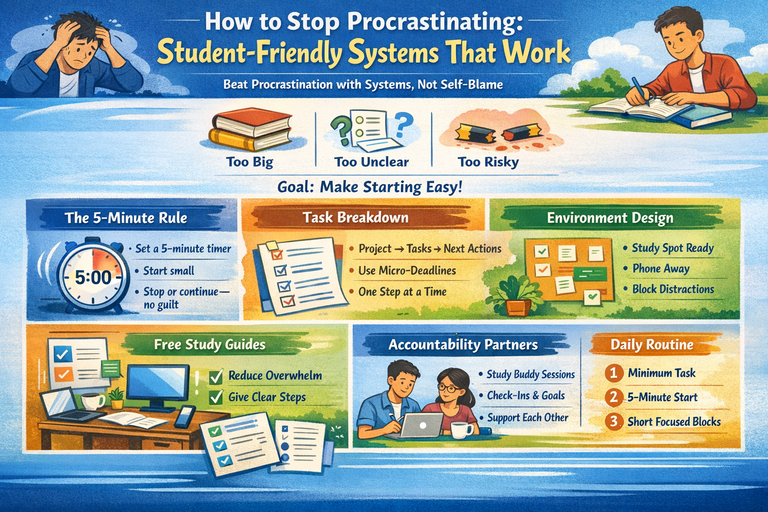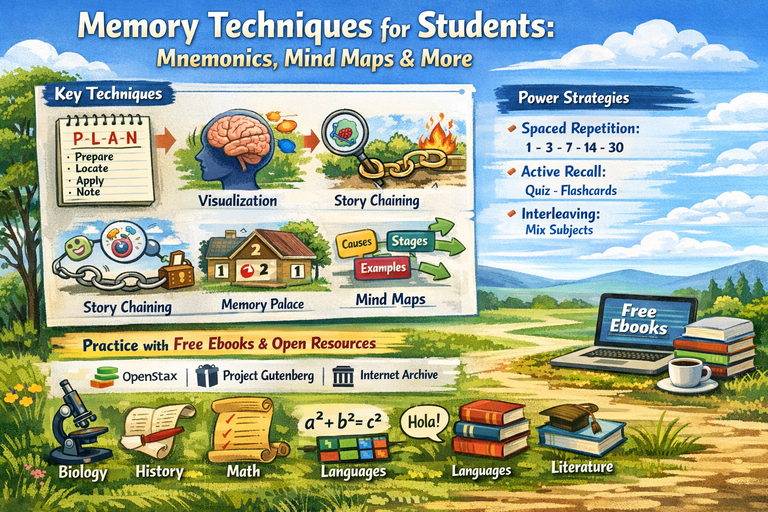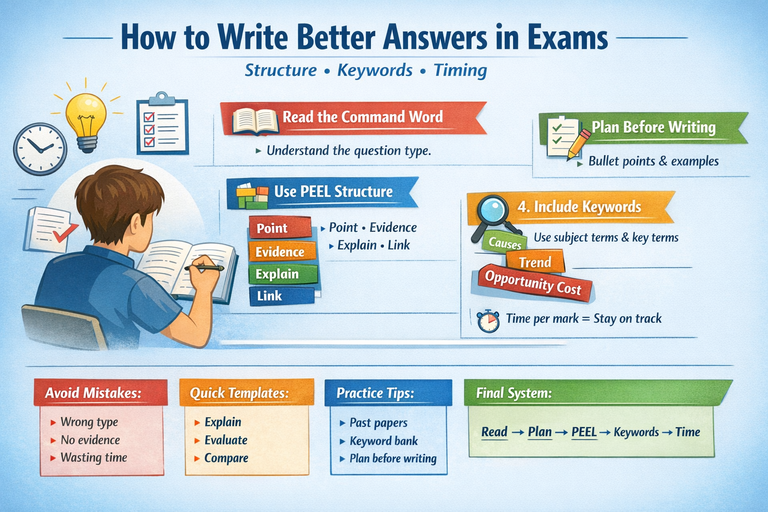What Makes a Great Financial Novel? Elements of a Captivating Money Tale
The world of finance can seem, at times, like a realm reserved for the elite—a maze of charts, jargon, and billion-dollar decisions. But through the lens of storytelling, the complexities of money become relatable, thrilling, and often deeply human. A great financial novel does more than just explain economic systems; it captures ambition, power, fear, greed, and morality—all through the drama of money.
At Junkybooks, we’ve read and reviewed dozens of financial novels that manage to turn spreadsheets into suspense and balance sheets into character arcs. But what exactly makes a financial novel great? What elements transform a potentially dry topic into a page-turning masterpiece?
Let’s break down the essential ingredients that make up a truly captivating money tale—and why these stories matter more than ever.
1. High Stakes Rooted in Finance
At the heart of every memorable novel is conflict. In a financial novel, the tension often revolves around money—losing it, making it, or bending the rules to control it. The stakes are high because the consequences are real: homes lost, fortunes made, reputations shattered.
Great financial novels make these stakes personal. It’s not just about the market crashing—it’s about how it affects the protagonist’s career, family, or sense of self. The closer money comes to touching the emotional core of a character, the more compelling the story becomes.
In The Bonfire of the Vanities by Tom Wolfe, for example, the downfall of a Wall Street trader becomes a modern tragedy. Similarly, Liar’s Poker by Michael Lewis combines cutthroat finance with personal ego and risk-taking to create real narrative tension.
2. Authenticity and Realism
Readers of financial fiction are often sharp, skeptical, and well-informed. They don’t just want drama—they want accuracy. The best financial novels are grounded in the reality of how money works. Whether the story unfolds in a trading floor, a venture capital firm, or a hedge fund’s high-rise office, authenticity is key.
Authors like Lewis, John Lanchester, and even Dickens earned reader trust by immersing themselves in the systems they were writing about. Through detailed research and real-world parallels, they build credible fictional worlds that feel just one step removed from our own.
At Junkybooks, we’ve found that even readers unfamiliar with financial terms appreciate stories that treat them with respect and don’t oversimplify. The realism makes the stakes believable—and the lessons memorable.
3. A Strong, Flawed Protagonist
Every great financial novel needs a compelling lead character. This person doesn't have to be a hero—in fact, it’s often better when they’re not. The world of finance is ripe for morally gray characters: ambitious traders, desperate entrepreneurs, overconfident CEOs, or idealists caught in a corrupt system.
These characters give readers someone to root for—or against. They serve as vessels for exploring larger questions: What is the cost of ambition? Is greed ever justified? Can one person change a flawed system?
Books like American Psycho use extreme character portrayals to critique capitalism. Others, like The Financier by Theodore Dreiser, follow the rise and fall of tycoons to explore the personal consequences of financial success.
Flawed characters make finance stories human—and unforgettable.
4. A Moral Dilemma at the Core
Money has always been tied to morality. The choices we make about it reflect our values. Great financial novels dive into this ethical complexity. Should you manipulate the market to protect your company? Is insider information ever defensible? What’s more important—profit or people?
The best stories don’t offer easy answers. Instead, they present moral dilemmas that challenge the reader’s assumptions and force them to think.
This is what makes a financial novel truly meaningful. It becomes more than a narrative—it becomes a conversation.
At Junkybooks, we’ve noticed that the most talked-about novels are those that push readers to confront their own relationship with money and power.
5. Clear, Engaging Writing
Finance is complex. That’s why it takes real skill to write about it clearly and engagingly. The best financial novelists don’t dumb things down—but they do guide the reader through technical terrain using vivid prose, smart metaphors, and well-paced storytelling.
Michael Lewis is a master of this. In books like The Big Short, he translates arcane financial instruments into gripping narratives filled with memorable characters and punchy dialogue.
A great financial novel doesn’t just inform—it entertains. It draws you in with style, wit, and clarity, making even the driest financial detail feel crucial to the plot.
6. Reflection of Real-World Events
Many unforgettable financial novels are inspired by real-world events—market crashes, recessions, scandals, or even bubbles. These stories tap into collective memory, making fiction feel urgent and relevant.
A book like Too Big to Fail by Andrew Ross Sorkin may read like a novel, but it’s based on true events from the 2008 financial meltdown. Similarly, Capital by John Lanchester takes readers into the lives of ordinary Londoners just before the crash, offering a panoramic view of the economy’s ripple effects.
These stories allow readers to relive and reassess historical moments with fresh eyes. They help explain what happened—and why it matters.
7. A Unique Perspective
Finance affects everyone, but not everyone sees it the same way. The best financial novels bring fresh perspectives to familiar topics. That might mean telling the story from the viewpoint of a junior analyst, a struggling small business owner, or someone outside the finance world entirely.
By shifting the lens, authors open new windows into the financial system. They reveal the blind spots, power dynamics, and inequalities that might otherwise go unnoticed.
At Junkybooks, we value books that break the mold—stories that don’t just follow Wall Street brokers but explore the financial lives of immigrants, freelancers, gig workers, or underrepresented communities. These narratives make the genre richer and more inclusive.
8. Consequences That Matter
In real life, financial decisions have consequences. A great novel doesn’t shy away from showing them. Whether it’s a portfolio tanking, a reputation ruined, or a family breaking apart, the fallout from money decisions must feel real and irreversible.
This emotional depth separates impactful stories from forgettable ones. Readers want to see characters tested by their choices. They want to see whether power changes people—or reveals who they’ve always been.
Consequences create stakes. They make the journey feel earned. And they remind readers that finance isn’t just about numbers—it’s about lives.
9. Timelessness and Relevance
While many financial novels are rooted in specific time periods, the best ones feel timeless. Their themes—greed, ambition, fear, resilience—resonate across eras. That’s why books like The Great Gatsby and The Financier still feel relevant today.
Even as markets evolve, human nature doesn’t. A captivating money tale reflects timeless truths about desire, risk, and morality.
At Junkybooks, we look for novels that transcend their setting. Whether written in 1900 or 2020, the story should speak to today’s reader—and tomorrow’s too.
10. An Ending That Sticks
Finally, a great financial novel needs a satisfying conclusion. That doesn’t mean a happy ending—but it should offer closure, clarity, or a powerful question to linger in the reader’s mind.
Maybe the protagonist loses everything but gains self-awareness. Maybe they win, but at a moral cost. Or maybe they simply survive, wiser and changed.
The ending is the final lesson of the story—the emotional payoff for the reader’s investment. When done right, it makes the whole journey worth it.
Final Thoughts: The Power of a Money Story
A great financial novel does more than entertain. It educates, provokes, and inspires. It turns the abstract into the personal and shows how money shapes our choices, relationships, and identities.
At Junkybooks, we believe that financial storytelling is one of the most powerful forms of literature. Whether it’s a cautionary tale, a redemption arc, or a deep dive into economic systems, these stories help readers make sense of the world—and their place in it.
So what makes a great financial novel?
It’s the perfect storm of drama and detail, character and consequence, style and substance. It’s a story that pulls you in with money—and leaves you thinking about life.
Ready to discover your next captivating finance read? Explore the world of powerful money tales and timeless lessons at Junkybooks—where storytelling meets the market.







